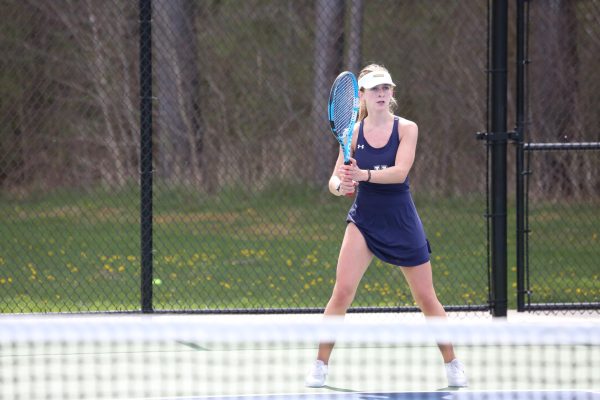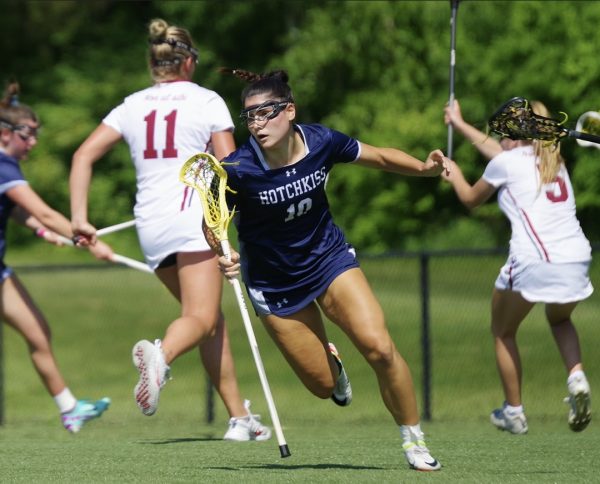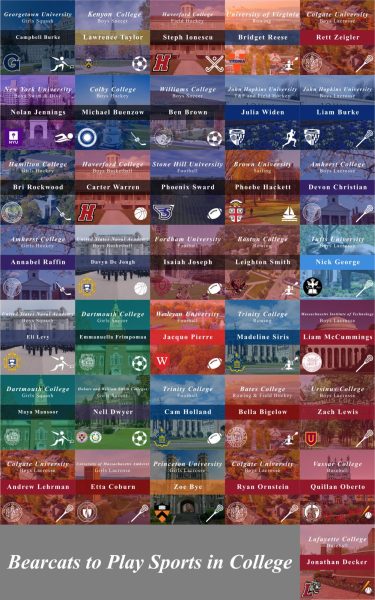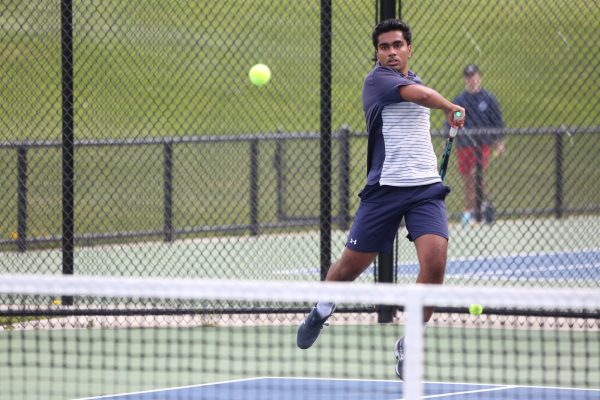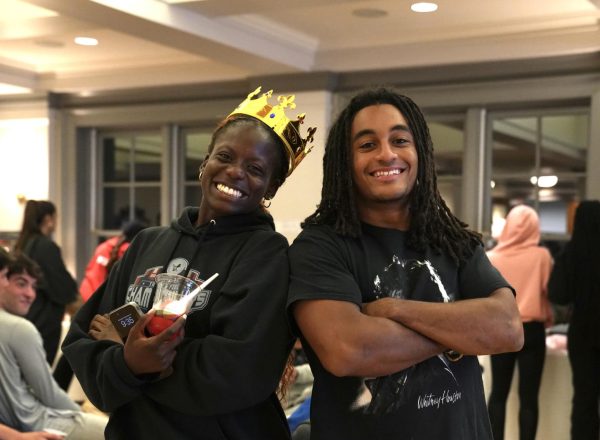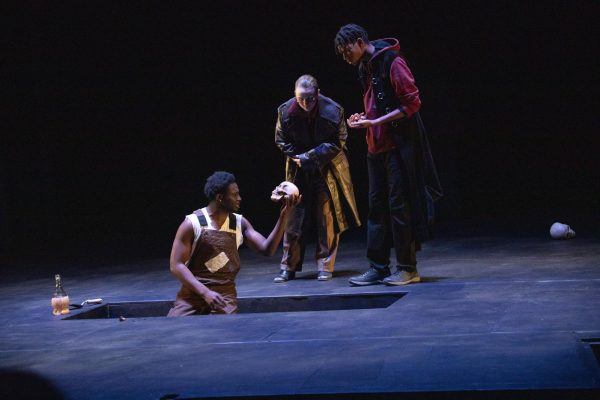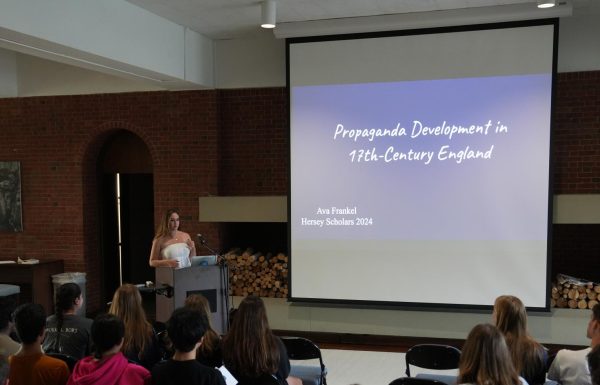World Series Begins in Pandemic-Shortened MLB Season
No one expected the Major League Baseball (MLB) season to end before it even began, but that is exactly what happened on March 12, when the league announced the cancellation of Spring Training due to the COVID-19 pandemic. What followed was the indefinite postponement of the 2020 season Opening Day. Weeks of fighting between the league and the players’ union ensued, as players resisted pay cuts and a shorter season. Both parties eventually agreed upon a compromise – a 60-game season and full prorated pay – setting the tone for one of the strangest and most unprecedented seasons in MLB history.
As players returned on July 1 for “Summer Camp” with the season set to begin on July 20, they had to adjust to the unique challenges of playing during the COVID-19 pandemic. Many temporary rule changes have been implemented to make this MLB season as fair as possible and to follow the Centers for Disease Control guidelines for maintaining social distancing and safety precautions.
Among the many temporary on-field rule changes agreed upon for the season were changes to the postseason format. There would be 16 playoff teams, instead of the regular ten, with eight from the National League (NL) and American League (AL) respectively. The MLB also modified the designated hitter, extra inning, and doubleheader rules. Another player would now also bat for the pitcher in any NL games, like in the AL. Starting from the second extra inning, each team would get a runner placed on second base and doubleheaders would only be seven innings long. These temporary rule changes generally benefited teams with weaker bullpens, and those with more power hitters. Of course, this entire season was also played with new protocols in place to prevent the spread of the virus, such as mandatory mask-wearing for coaches, managers, and employees, as well as social-distancing requirements. If anyone in the close vicinity of a player developed symptoms or tested positive, that player would be required to complete a mandatory quarantine in order to eliminate possible exposure to the virus.
Despite these protocols, the Miami Marlins suffered a large-scale COVID outbreak in only the second week of play that threatened the future of the entire season. Thankfully, the Marlins outbreak did not spread to any other teams and was eventually brought under control. The St. Louis Cardinals also experienced a smaller outbreak a few weeks later which also was contained. Two pitchers on the Cleveland Indians were even demoted to the minor leagues for breaking social distancing and mask requirements. However, no cases arose from that incident. The MLB has recovered from these earlier complications and no cases have surfaced during the playoffs.
The playoffs themselves have been rather normal from a baseball standpoint, with small amounts of fans even allowed in the stadiums starting October 12. Heading into the semifinal, or, league championship games, the Atlanta Braves and the Los Angeles Dodgers were both undefeated in the postseason, but that soon ended as the series went all the way to game 7. The Dodgers eventually prevailed. The Tampa Bay Rays also ended up in a tightly fought series with the Houston Astros. The Astros began this year with controversy after being caught spying on the opponent’s pitchers using cameras, resulting in three connected managers being fired and the largest punishment for a rules violation in baseball history. The Rays also emerged victorious in Game 7, taking the remaining spot in the 2020 World Series. Among the finalists, the Dodgers have had the most World Series success, winning six times in the past. However, they had back to back series losses in their most recent appearances in the competition in 2017 and 2018. On the other hand, the Rays will be going to the World Series for only the second time in franchise history after losing in 2008 against the Philadelphia Phillies. Both teams will be hungry for a victory this time around, with the Dodgers pulling ahead 1-0 on Tuesday, only for the Rays to tie the series 1-1 on Wednesday night.
The Record conducted a poll to determine the community’s World Series predictions. While the New York Yankees and the Boston Red Sox are the school’s two favorite teams, exactly half of all respondents predicted the Dodgers would win the World Series. The Rays drew 20.9% of the vote, followed by the Astros at 16.3%, and in last, the Braves with 12.8%. On the Yankees’ tough elimination against the Rays, Sebastian Brown ’24 commented that he had “déjà vu from last year,” as Aroldis Chapman gave up the game-winning run in both “heartbreaking [losses].”
Many respondents also shared negative views of the Astros. Mr. Jarrod Sisk, instructor in mathematics and economics, remarked that he will be “rooting against the Astros” and he “[doesn’t] want the cheaters to win again.”
Without a doubt this season has been one of the most eventful in MLB history, but many opportunities still lie ahead. The MLB community and fans are looking to see how the rule changes, trades, and happenings of this year will reverberate throughout the seasons to come.

